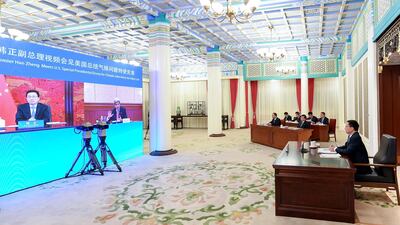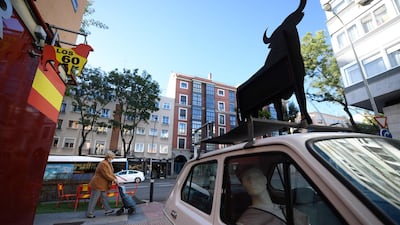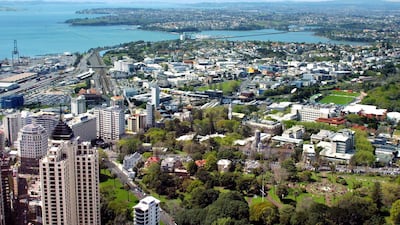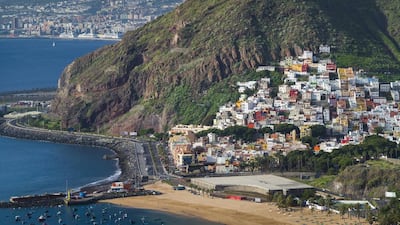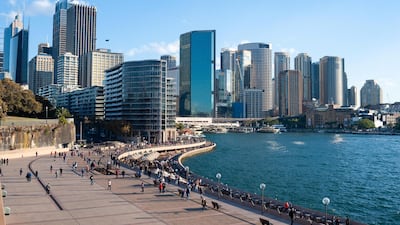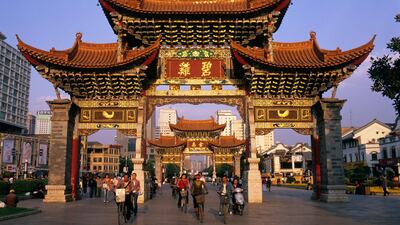The US and China agreed to work together and do more to tackle climate change, days before a meeting of world leaders will be held to discuss the topic.
US presidential climate envoy John Kerry and his Chinese counterpart Xie Zhenhua reached the agreement during talks in Shanghai on April 15-16.
The nations will co-operate with other parties to fulfil the Paris Agreement and to promote a successful UN climate change conference in Glasgow this year, the envoys said.
US President Joe Biden will host an online climate conference on Thursday and Friday with other world leaders, and the US and China "share the summit's goal of raising global climate ambition on mitigation, adaptation, and support," they said.
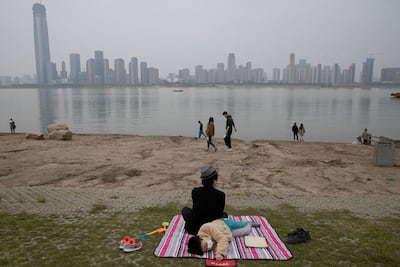
The US and China support the Paris Agreement’s aim to limit the increase in the global average temperature to below 2°C and to try to restrict it to 1.5°C.
"The joint statement is a firm step towards co-operation amid great geopolitical challenges," Li Shuo, a Beijing-based climate analyst at Greenpeace East Asia, said on Sunday.
“The statement underlined the need for near-term ambitious actions and will launch a process of continued G2 engagement on an existential issue of global interest.”
The agreement was made at a time of naval standoff between the countries in the South China Sea, and tensions over human rights and trade.
Mr Biden and Japanese Prime Minister Yoshihide Suga, who met in the White House on Friday, said they “shared their concerns over Chinese activities that are inconsistent with the international rules-based order.”
China’s Foreign Ministry rejected the criticism and accused the presidents of meddling in its affairs.
Beijing has faced pressure from other nations to accelerate its path to peak emissions and to set out details of how it intends to reach net-zero emissions by 2060.
The government's most recent five-year plan, published in March, drew criticism over a "lack of ambition" and did not include any new hard target for reducing emissions.
Climate diplomacy is an area in which President Xi Jinping has been eager to show global leadership, to serve as a contrast against China's trade tensions with the US and its allies.
Mr Xi made the environment a priority after he came to power in 2013, speaking early in his tenure about bringing blue skies back to Beijing and restoring China's environment to the beautiful landscapes he remembered as a child.
His policies have also helped propel China to a world-leading role in manufacturing solar panels, wind turbines and electric vehicles.
In 2014, Mr Xi and former president Barack Obama negotiated a bilateral emissions deal that helped pave the way for the 2015 Paris climate agreement.
Still, much work remains. China is by far the biggest contributor of greenhouse gasesand plans to increase carbon emissions through to the end of the decade.
The government also continues to support the country’s vast coal industry.
